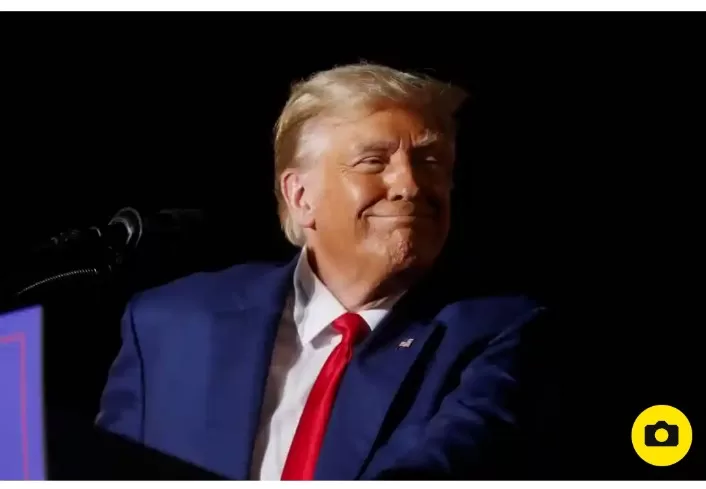In a recent legal filing, attorneys representing former President Donald Trump have sought permission for live, in-courtroom television coverage of his trial on charges related to the alleged conspiracy to overturn the 2020 presidential election results. The filing, submitted on Friday, supports the efforts of news organizations aiming to broadcast the proceedings live from inside the courtroom, scheduled to commence in March 2024.
Trump’s legal team, referencing unverified claims of persecution by the Biden White House, contends that the trial should be subject to public scrutiny. The filing argues against the longstanding rule prohibiting televised broadcasts of federal criminal and civil proceedings, asserting that the prosecution seeks to continue the case “in darkness.” Trump’s legal representation maintains that the former president should have the opportunity to exonerate himself from what they deem as “baseless and politically motivated charges.”
The filing concludes by reiterating Trump’s belief that the 2020 election was “rigged and stolen.” Prosecutors, in response, cited the federal court rule against broadcasting, expressing concerns about potential risks to the proceedings, such as the intimidation of witnesses and jurors.
As Trump faces multiple criminal prosecutions and civil lawsuits, this legal maneuver is viewed as an attempt to leverage the legal challenges as a platform for engaging with voters ahead of the 2024 Republican presidential nomination contest. Under a current gag order preventing Trump from using social media to comment on legal matters, live television coverage could offer an alternative means for him to present his perspective on the trial.
Trump, considered a frontrunner for the Republican nomination in 2024, has been navigating various legal battles while adhering to the restrictions imposed by the gag order. The former president argues that the order infringes on his presidential campaign and First Amendment rights to free speech.
The request for live coverage, if granted, would introduce a unique dynamic to the legal proceedings, potentially allowing Trump to communicate with the public directly about the charges against him.







